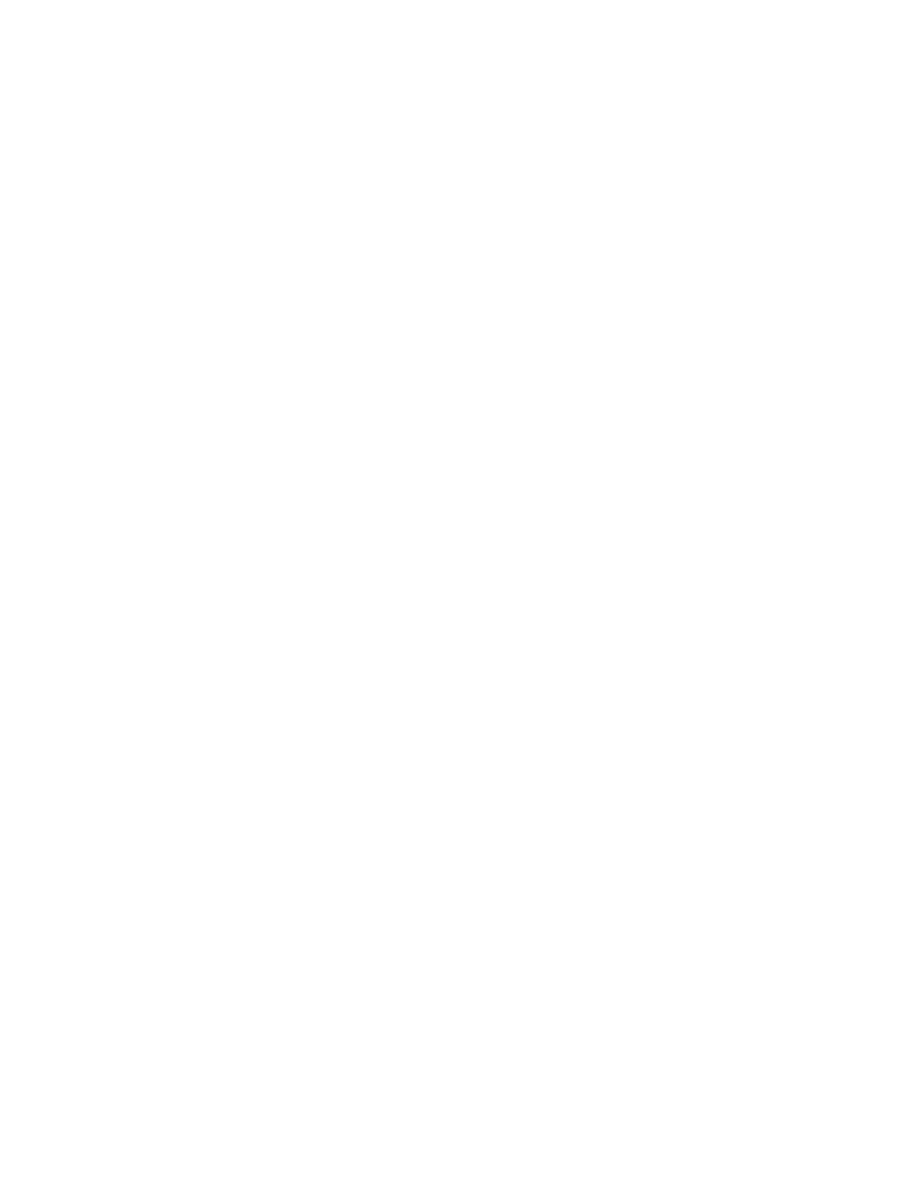
272
14 CFR Ch. I (1–1–14 Edition)
§ 23.925
affected by the turbocharger system in-
stallations must be evaluated. Turbo-
charger operating procedures and limi-
tations must be included in the Air-
plane Flight Manual in accordance
with § 23.1581.
[Amdt. 23–7, 34 FR 13092, Aug. 13, 1969, as
amended by Amdt. 23–43, 58 FR 18970, Apr. 9,
1993]
§ 23.925
Propeller clearance.
Unless smaller clearances are sub-
stantiated, propeller clearances, with
the airplane at the most adverse com-
bination of weight and center of grav-
ity, and with the propeller in the most
adverse pitch position, may not be less
than the following:
(a)
Ground clearance. There must be a
clearance of at least seven inches (for
each airplane with nose wheel landing
gear) or nine inches (for each airplane
with tail wheel landing gear) between
each propeller and the ground with the
landing gear statically deflected and in
the level, normal takeoff, or taxing at-
titude, whichever is most critical. In
addition, for each airplane with con-
ventional landing gear struts using
fluid or mechanical means for absorb-
ing landing shocks, there must be posi-
tive clearance between the propeller
and the ground in the level takeoff at-
titude with the critical tire completely
deflated and the corresponding landing
gear strut bottomed. Positive clear-
ance for airplanes using leaf spring
struts is shown with a deflection cor-
responding to 1.5
g.
(b)
Aft-mounted propellers. In addition
to the clearances specified in para-
graph (a) of this section, an airplane
with an aft mounted propeller must be
designed such that the propeller will
not contact the runway surface when
the airplane is in the maximum pitch
attitude attainable during normal
takeoffs and landings.
(c)
Water clearance. There must be a
clearance of at least 18 inches between
each propeller and the water, unless
compliance with § 23.239 can be shown
with a lesser clearance.
(d)
Structural clearance. There must
be—
(1) At least one inch radial clearance
between the blade tips and the airplane
structure, plus any additional radial
clearance necessary to prevent harmful
vibration;
(2) At least one-half inch longitudinal
clearance between the propeller blades
or cuffs and stationary parts of the air-
plane; and
(3) Positive clearance between other
rotating parts of the propeller or spin-
ner and stationary parts of the air-
plane.
[Doc. No. 4080, 29 FR 17955, Dec. 18, 1964, as
amended by Amdt. 23–43, 58 FR 18971, Apr. 9,
1993; Amdt. 23–51, 61 FR 5136, Feb. 9, 1996;
Amdt. 23–48, 61 FR 5148, Feb. 9, 1996]
§ 23.929
Engine installation ice protec-
tion.
Propellers (except wooden propellers)
and other components of complete en-
gine installations must be protected
against the accumulation of ice as nec-
essary to enable satisfactory func-
tioning without appreciable loss of
thrust when operated in the icing con-
ditions for which certification is re-
quested.
[Amdt. 23–14, 33 FR 31822, Nov. 19, 1973, as
amended by Amdt. 23–51, 61 FR 5136, Feb. 9,
1996]
§ 23.933
Reversing systems.
(a)
For turbojet and turbofan reversing
systems. (1) Each system intended for
ground operation only must be de-
signed so that, during any reversal in
flight, the engine will produce no more
than flight idle thrust. In addition, it
must be shown by analysis or test, or
both, that—
(i) Each operable reverser can be re-
stored to the forward thrust position;
or
(ii) The airplane is capable of contin-
ued safe flight and landing under any
possible position of the thrust reverser.
(2) Each system intended for in-flight
use must be designed so that no unsafe
condition will result during normal op-
eration of the system, or from any fail-
ure, or likely combination of failures,
of the reversing system under any op-
erating condition including ground op-
eration. Failure of structural elements
need not be considered if the prob-
ability of this type of failure is ex-
tremely remote.
(3) Each system must have a means
to prevent the engine from producing
VerDate Mar<15>2010
10:12 Mar 18, 2014
Jkt 232046
PO 00000
Frm 00282
Fmt 8010
Sfmt 8010
Y:\SGML\232046.XXX
232046
pmangrum on DSK3VPTVN1PROD with CFR